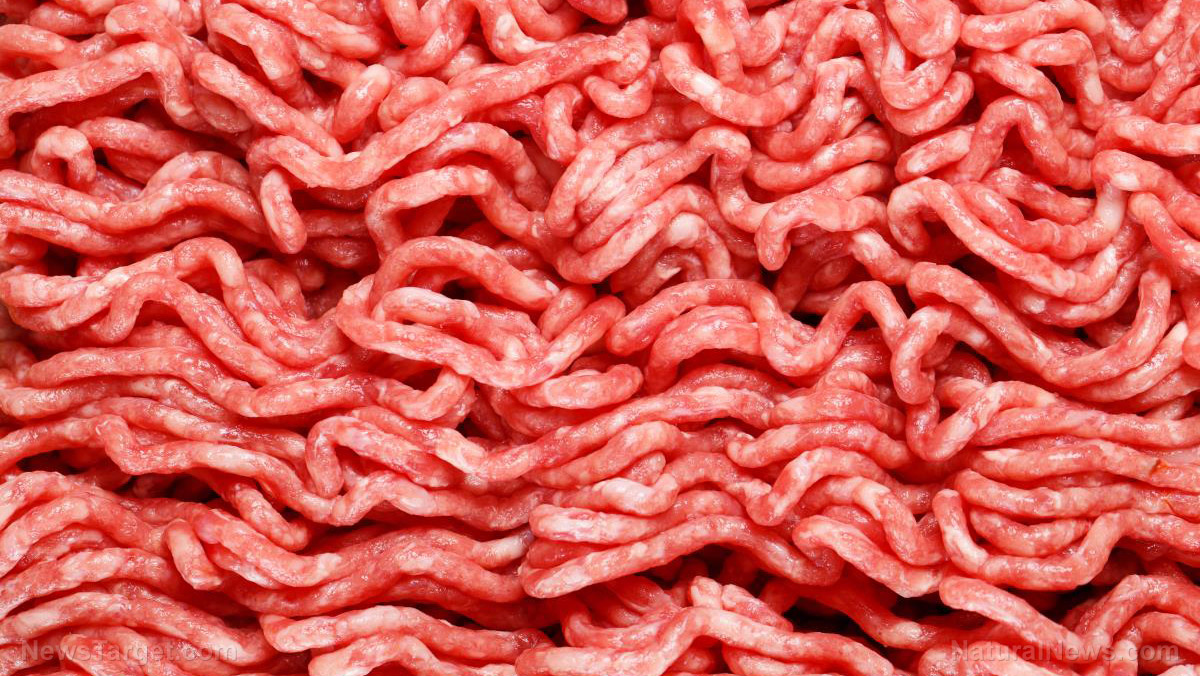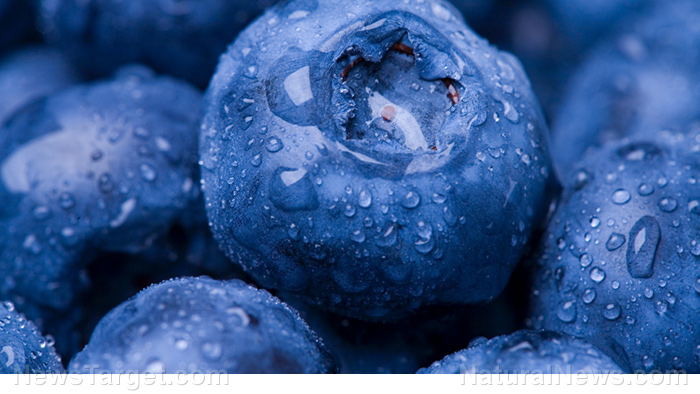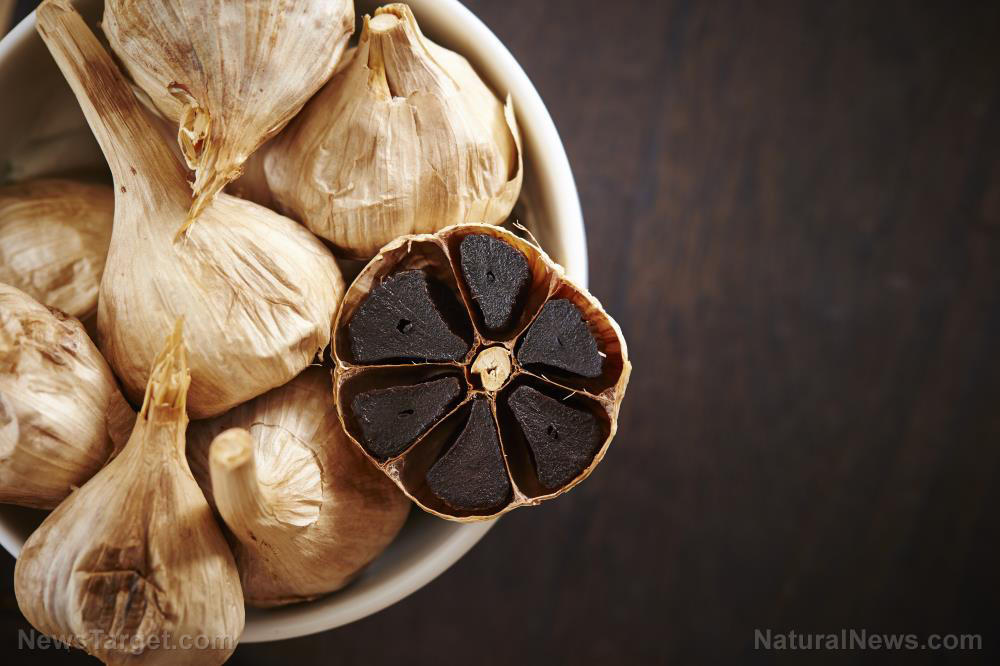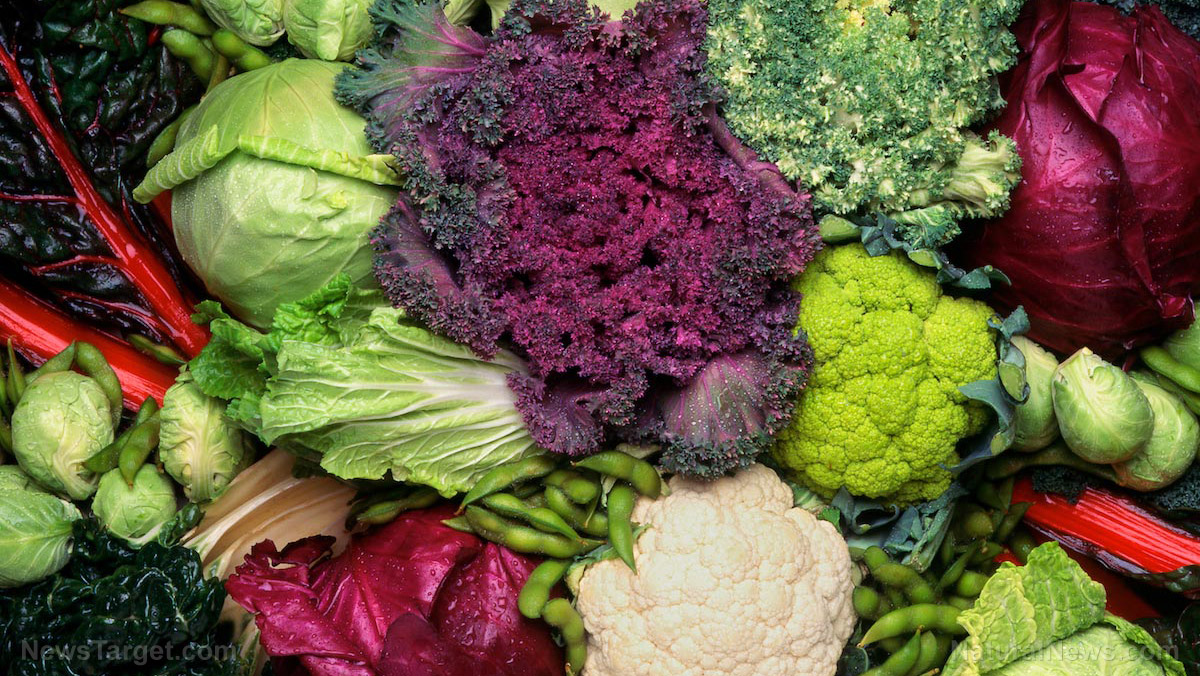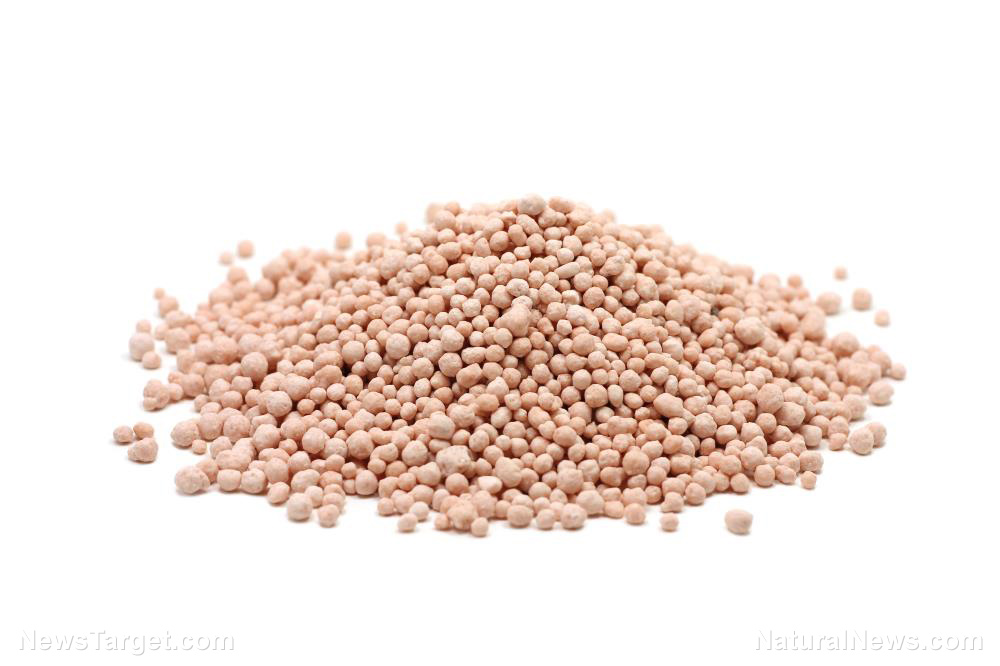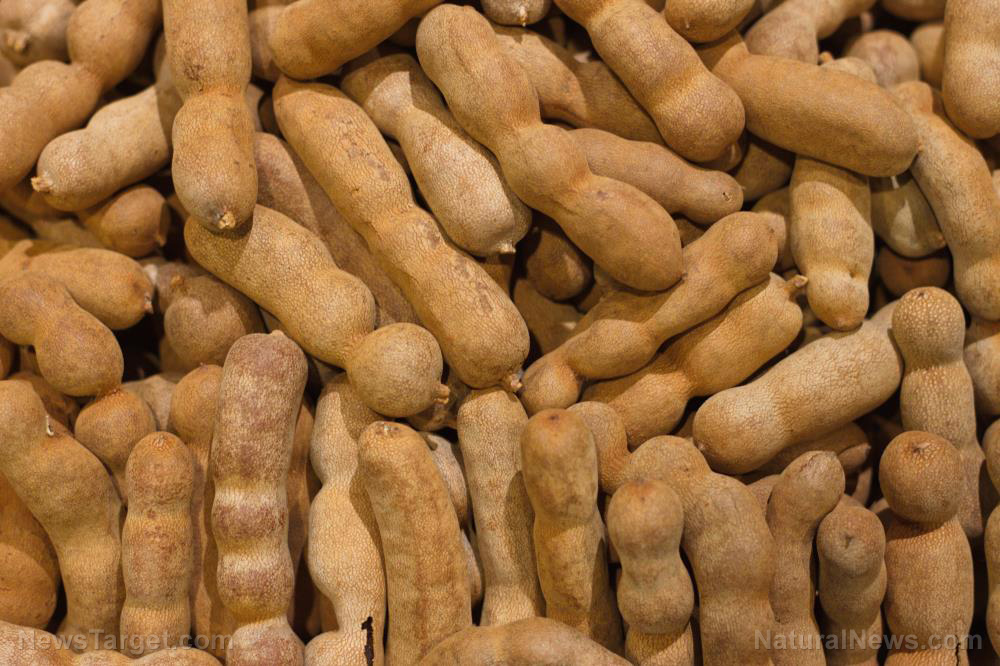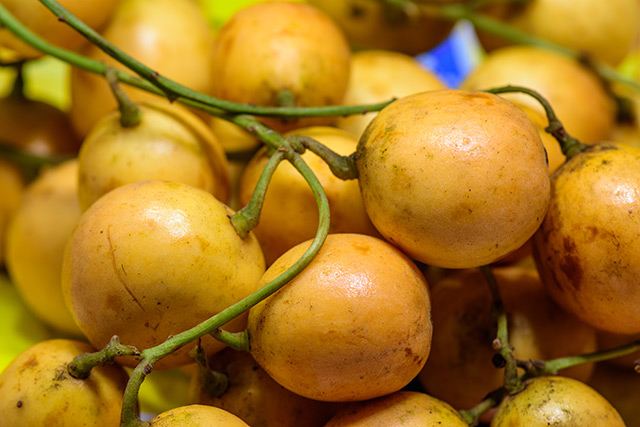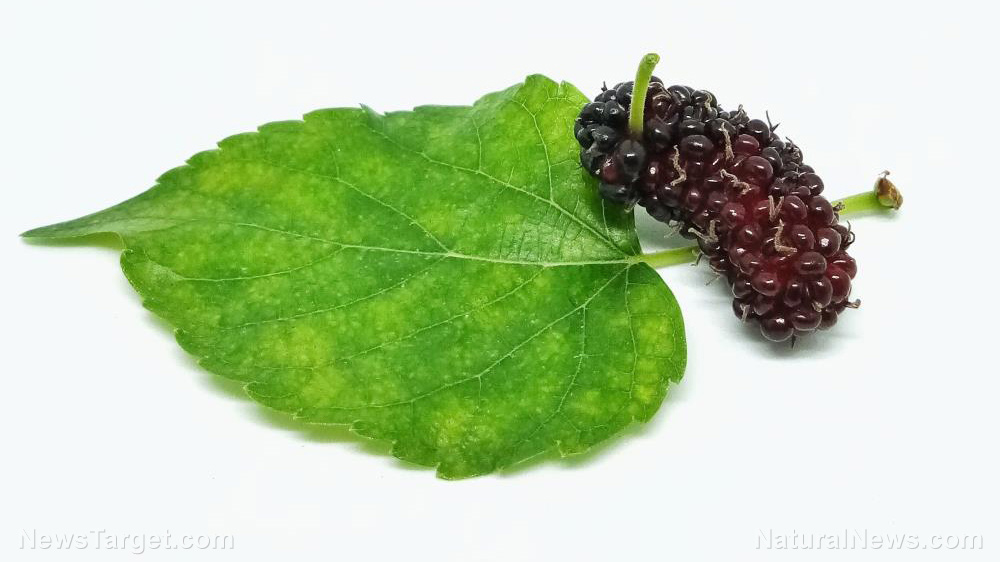Why mangosteen should be part of your diet, especially if you’re obese
11/19/2018 / By Michelle Simmons
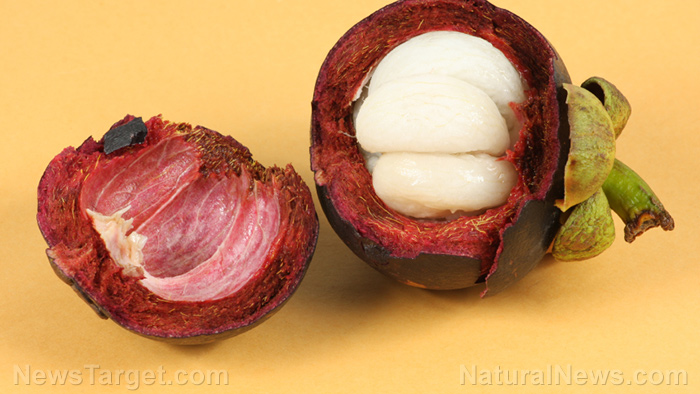
People who are obese or overweight should consider eating mangosteen as it has anti-obesity effects, according to a study published in the Journal of Medicinal Food. The study found that mangosteen regulates energy metabolism and liver lipid metabolism.
In this study, researchers at Dongguk University and the Korea Research Institute of Bioscience and Biotechnology in Korea examined the effects of mangosteen on metabolic syndrome in mice fed with a high-fat diet, as well as the underlying mechanisms related to adipogenesis. Metabolic syndrome is a group of conditions, such as high blood pressure, high blood sugar, excess body fat around the waist, and abnormal cholesterol or triglyceride levels, that occur at once. This increases the risk of heart disease, stroke, and diabetes, and is common in people who are obese.
To carry out this study, the team supplemented the mice 200 milligrams per kilogram (mg/kg) of mangosteen extract. The results revealed that the mangosteen extract treatment led to a lower body weight. In addition, the treatment reduced the levels of serum glutamate oxaloacetate transaminase, glutamate pyruvate transaminase, glucose, triglyceride, total cholesterol, and free fatty acid.
The mangosteen extract also significantly reduced the levels of low-density lipoprotein (LDL) cholesterol, but it did not increase the levels of high-density lipoprotein (HDL) cholesterol. Moreover, the mangosteen extract treatment activated the liver 5′ adenosine monophosphate (AMP)-activated protein kinase and Sirtuin 1.
These findings suggest that mangosteen extract has the ability to help regulate energy metabolism and hepatic lipid homeostasis. The researchers concluded that mangosteen extract has anti-obesity properties due to its effect on energy metabolism and hepatic lipid homeostasis.
Mangosteen and its benefits
Mangosteen, also known as the “queen of fruits,” is a purple-colored fruit with white fleshy pulp and segmented with seeds. It is the national fruit of Thailand and is grown in other Southeast Asian countries, including Thailand, Malaysia, and Singapore. This tropical fruit is not only delicious, but also good for your health.
- It is a great source of antioxidants: Mangosteen contains at least 20 known xanthones, which are naturally-occurring polyphenol compounds. They reduce oxidative stress caused by free radicals, protecting the body from diseases, such as common cold, heart disease, and even cancer. (Related: RAW Mangosteen and xanthones: Here’s how to get raw mangosteen powder that hasn’t been damaged by pasteurization.)
- It enhances the immune system: Aside from xanthones, mangosteen is also abundant in vitamin C. These two compounds both contribute in boosting immunity. Xanthones fight free radicals, while vitamin C promotes the production and function of leukocytes or white blood cells, which are important for immunity.
- It helps regulate menstrual cycle: In Indonesia, mangosteen has been traditionally used to regulate menstrual cycles.
- It is good for the heart: Mangosteen contains potassium, copper, magnesium, and manganese, which can help regulate blood pressure. Mangosteen also supports heart health by keeping a normal heart rate and reducing the risk of heart attacks. This fruit can also lower the cholesterol levels.
- It has anti-inflammatory properties: Mangosteen can help prevent the release of histamine and prostaglandin, which reduces inflammation.
- It is good for the skin: Traditionally, mangosteen has been used to treat acne. The antibacterial and antimicrobial properties, as well as the xanthone content of mangosteen, can cut the risk of many skin diseases by repairing damaged cells. Its vitamin C content also contributes to improving skin health. This fruit can also reduce the signs of skin aging.
- It aids in digestion: Its high fiber content makes it a great remedy for digestive problems, such as constipation and diarrhea. It also increases your prebiotics intake, which is beneficial for the intestines.
Read more news stories and studies on mangosteen and other healing foods by going to Superfoods.news.
Sources include:
Tagged Under: alternative medicine, diet, mangosteen, metabolism, natural cures, natural healing, natural medicine, natural remedies, obese, obesity


